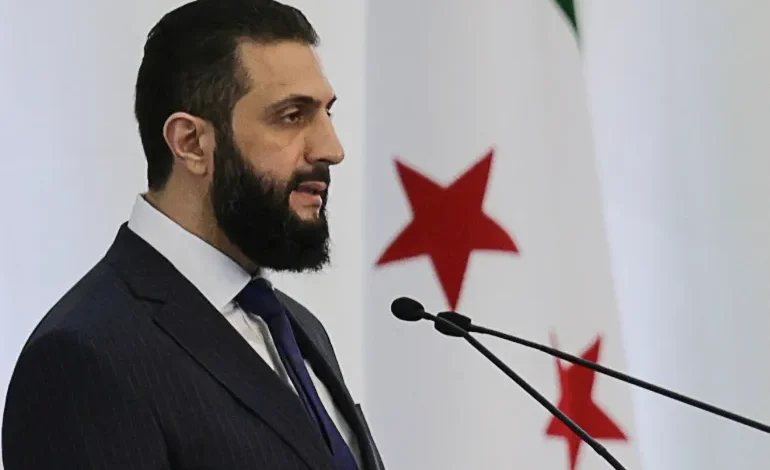EU Agrees to Lift Key Sanctions on Syria Following Assad’s Ouster

European Union member states have reached a preliminary agreement to lift major economic sanctions on Syria, in what diplomats describe as a bid to support the country’s recovery following the ouster of longtime ruler Bashar al-Assad, as per Al Jazeera.
Envoys from the EU’s 27 nations reached the consensus ahead of a formal announcement expected from EU foreign ministers meeting in Brussels later today. The final approval, diplomats say, will rest with the ministers.
The decision aligns with a similar move by the United States last week to ease sanctions on Damascus, signaling a broader shift in Western policy toward Syria’s new leadership.
Speaking from Brussels, Al Jazeera’s Hashem Ahelbarra called the move “really significant,” noting it marks a turning point in how the international community engages with the Syrian government that has emerged in the wake of Assad’s fall.
“It’s an acknowledgment that the EU recognises the authority operating now in Syria, and that there is a need to facilitate financial transactions to help restore economic stability and improve living conditions,” Ahelbarra said.
The EU sanctions, originally imposed in 2012 and 2013 during the height of Assad’s crackdown on dissent, targeted Syria’s transport, energy, and banking sectors. Under the reported agreement, restrictions that cut Syrian banks off from global financial systems and froze the central bank’s assets are set to be lifted.
Despite the easing of financial sanctions, EU officials stressed that not all restrictions will be removed. Individual sanctions targeting figures accused of inciting ethnic violence—especially following recent attacks on Syria’s Alawite minority—are expected to be introduced.
Moreover, embargoes on arms sales and equipment that could be used to repress civilians will remain in effect. These measures were originally intended to limit the Assad regime’s capacity to wage war against its own population.
Diplomats emphasized that the easing of sanctions is conditional. If Syria’s new leadership fails to respect minority rights or backtracks on democratic reforms, the EU warned it could reinstate some of the punitive measures.
The move follows the EU’s earlier step in February when it suspended parts of its sanctions on key economic sectors in Syria, including agriculture and medicine. Since then, Syria’s transitional government has appealed for broader support to rebuild the country after more than a decade of civil war and autocratic rule.









The latest news in your social feeds
Subscribe to our social media platforms to stay tuned